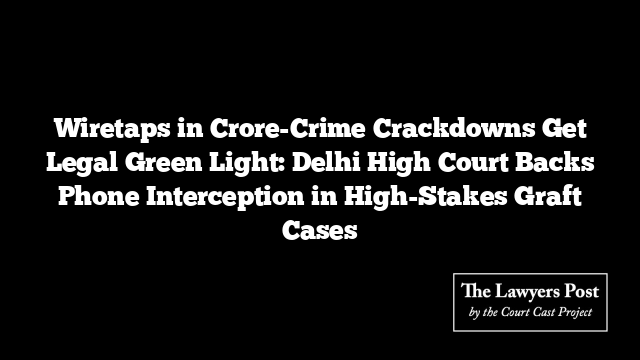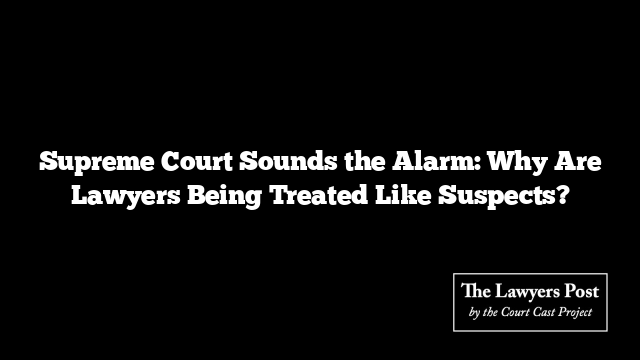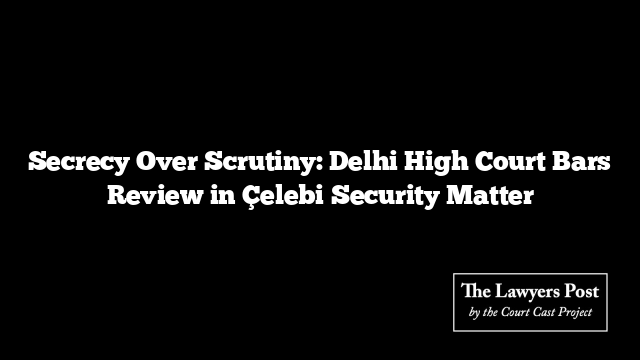In a ruling that merges modern surveillance with colonial-era law, the Delhi High Court has declared that phone tapping is lawful when corruption cases cross a certain economic magnitude—particularly when the stakes run into thousands of crores.
The judgment came during the hearing of a plea by one Aakash Deep Chouhan, accused of criminal conspiracy and offences under the Prevention of Corruption Act. Chouhan, linked to a company seeking a lucrative sub-contract from Shapoorji Pallonji—builders of the ₹2,149.93 crore Pragati Maidan redevelopment project—found himself on the wrong end of intercepted phone calls recorded by the Central Bureau of Investigation (CBI).
Justice Amit Mahajan, who authored the decision, didn’t hold back: while not every corruption charge affects the public at large, those involving massive financial undertakings do rise to the level of “public safety” under the Indian Telegraph Act, 1885. That’s the legal trigger that makes phone interception fair game.
“This wasn’t a petty affair,” the Court observed, noting that the alleged manipulation attempted by the accused involved sums substantial enough to breach the threshold of public interest and safety.
The wiretaps, in this case, weren’t fishing expeditions—they were pivotal. The conversations recorded helped the CBI map out a criminal conspiracy that would’ve otherwise remained buried beneath layers of corporate formality.
The Court upheld the trial court’s earlier decision, rejecting Chouhan’s challenge. With that, a powerful precedent is set: in corruption cases of significant financial gravity, the right to privacy may yield to the public’s right to accountability.





